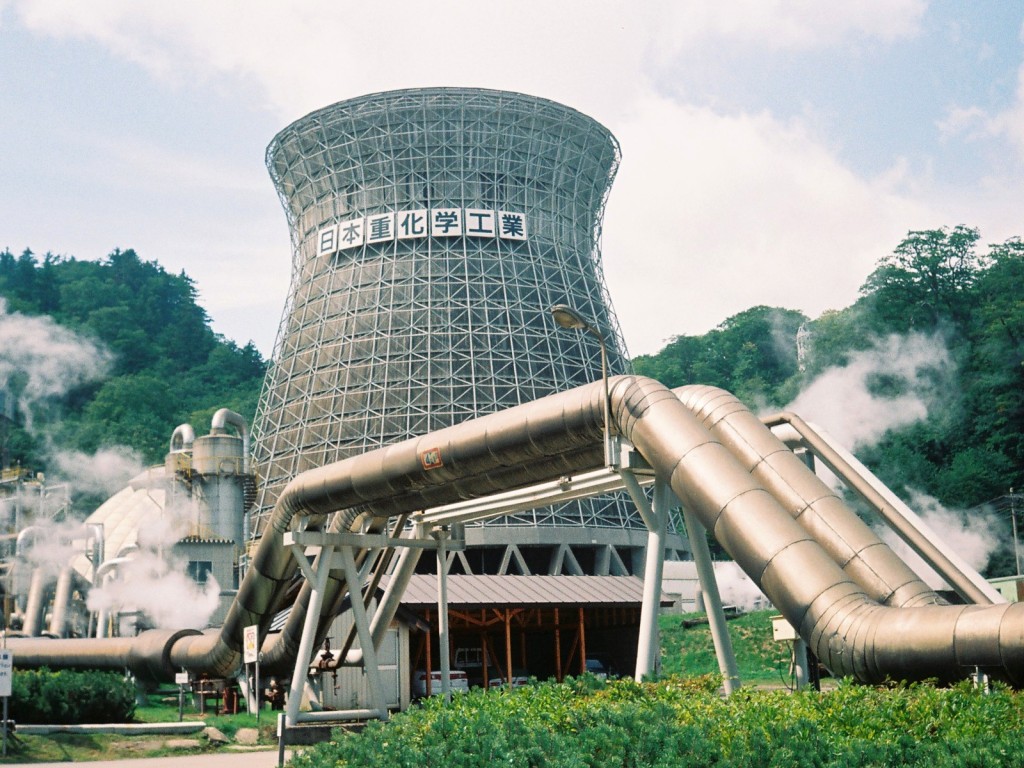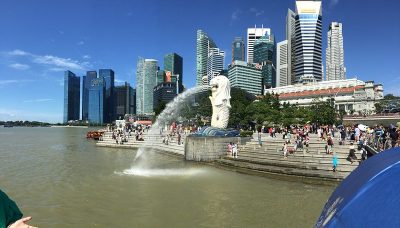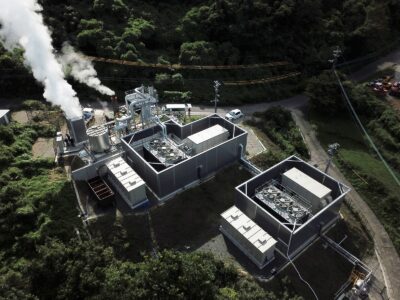Japan planning feed-in-tariff to develop up to 500MW in the next ten years
Japan plans the introduction of a feed-in-tariff for geothermal power of up to US$19 cents per kilowatt hour, with the hope of up to 500 MW of geothermal power generation capacity could be added to the existing 537 MW capacity.
In a recent article by Bloomberg, it is looked hat how Japan could increase electricity generation through geothermal to offset power shortages following the nuclear disaster at Fukushima.
There have been no major projects to develop geothermal power since 1996, so the report by Bloomberg, and geothermal power only represents about 0.2 percent of the power generation capacity in Japan.
With a nuclear plant representing about 1,000 MW (1 GW), Japan has a geothermal potential of up to 23,500 MW (23.5GW). The problem is though that the majority or more than 80% of those resources can be found in natural parks, a similar situation with regards to protected forests can be found in Indonesia.
So environmental concerns are definitely an issue and in order to increase development, these regulations would have to be reviewed. Another issue – so Bloomberg, is opposition by Onsen (hot spring) owners, whose concern is that development would dry out their springs, which are important for tourism and recreational use. For example this is being addressed by a cooperation of Australian Wasabi Energy with – I believe it was Johnston Controls – to build smaller power generation units that would decentralize power generation from geothermal and provide smaller units that wouldn’t affect those hot springs.
The country now plans the introduction of a feed-in-tariff that would provide up to 15 Yen (19 US cents) per kilowatt hour, and with that the country hopes to add up to 500MW of geothermal power generation capacity within the next 10 years. Today, Japan has a geothermal power generation capacity of 537 MW, being number 8 in the world after New Zealand and Iceland.
Source: Bloomberg


















